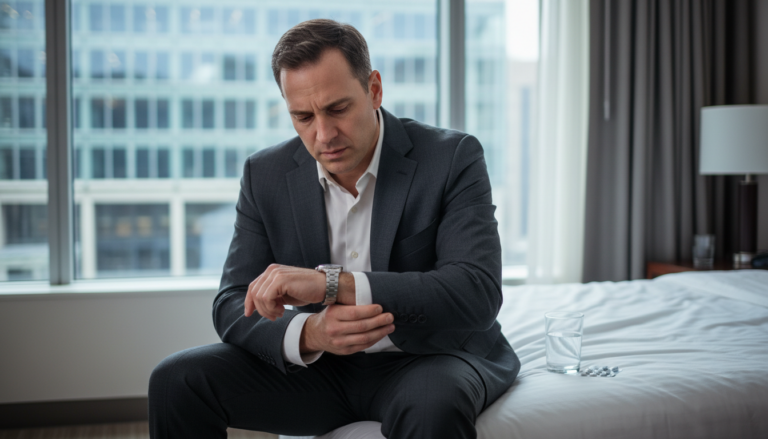When it comes to dining out in New York City, food safety should be a top priority. With over 27,000 restaurants and food establishments in the city, it can be overwhelming to know where to start. Here are some important things to keep in mind to ensure that your dining experience is not only delicious but also safe.
Look for the Letter Grades
The New York City Department of Health and Mental Hygiene inspects and grades restaurants based on their compliance with food safety regulations. Restaurants are required to display their letter grade (A, B, or C) in a prominent place, usually near the entrance or window. The letter grade provides valuable information about the restaurant’s track record of food safety. The grade is based on the number of violations found during the inspection. An “A” grade means that the restaurant has scored between 0-13 points, “B” means 14-27 points, and “C” means 28 or more points. It’s recommended to choose a restaurant that has an “A” grade. However, keep in mind that the letter grade is not the only factor to consider when choosing a restaurant.
Check the Inspection Date
In addition to the letter grade, it’s important to check the inspection date. The inspection date should be within the last year. If the inspection date is more than a year old, it could mean that the restaurant hasn’t been inspected recently, which could be a cause for concern. You can check the inspection date online by visiting the New York City Department of Health and Mental Hygiene’s restaurant inspection website. This website provides information about the restaurant’s inspection history, including the date of the last inspection and any violations found during the inspection.
Be Mindful of Buffets
Buffets can be a breeding ground for bacteria and other pathogens. Make sure that the food is being kept at the correct temperature (hot foods should be kept at 140 degrees Fahrenheit or higher, while cold foods should be kept at 41 degrees Fahrenheit or lower). Also, make sure that the utensils for serving the food are clean. If you notice that a buffet is not being properly maintained, it’s best to avoid it. In addition, be cautious of cross-contamination. Cross-contamination can occur when utensils are used for multiple dishes, which can spread bacteria from one dish to another. To avoid cross-contamination, use separate utensils for each dish.
Pay Attention to Food Handling
When you’re dining out, pay attention to how the food is being handled. For example, if you see a server touching the rim of your glass, or if you notice that your food is being handled with bare hands, it could be a sign that the restaurant is not taking food safety seriously. In addition, make sure that your food is cooked to the correct temperature. The USDA recommends cooking ground beef to an internal temperature of 160 degrees Fahrenheit and chicken to an internal temperature of 165 degrees Fahrenheit. Raw or undercooked meat can contain harmful bacteria, so it’s important to ensure that your food is cooked thoroughly.
Be Cautious of Raw Foods
If you’re a fan of sushi or other raw foods, make sure that the restaurant has a good reputation for serving them safely. Raw foods can be a source of foodborne illness, so it’s important to make sure that they’re being prepared and served correctly. In addition, make sure that any fruits and vegetables are thoroughly washed before eating them. This can help to remove any dirt or bacteria that may be present on the surface of the produce.
Trust Your Instincts
If something doesn’t seem right, trust your instincts and don’t eat the food. For example, if you notice that a restaurant is dirty or if you see pests, it’s best to avoid it. In addition, if you feel sick after eating at a restaurant, it’s important to seek medical attention. Foodborne illness can cause symptoms such as vomiting, diarrhea, and fever. These symptoms can be mild or severe, depending on the type of bacteria or virus that caused the illness.
Conclusion
By following these tips, you can ensure that your dining experience in New York City is not only delicious but also safe. If you do happen to get sick from eating out, Sickday is here to help. Our service connects you with healthcare professionals who can diagnose and treat your symptoms, all from the comfort of your own home. With Sickday, you can get the care you need without having to leave your bed. Contact us today and have peace of mind knowing that you’re covered in case of food poisoning or other illnesses.

